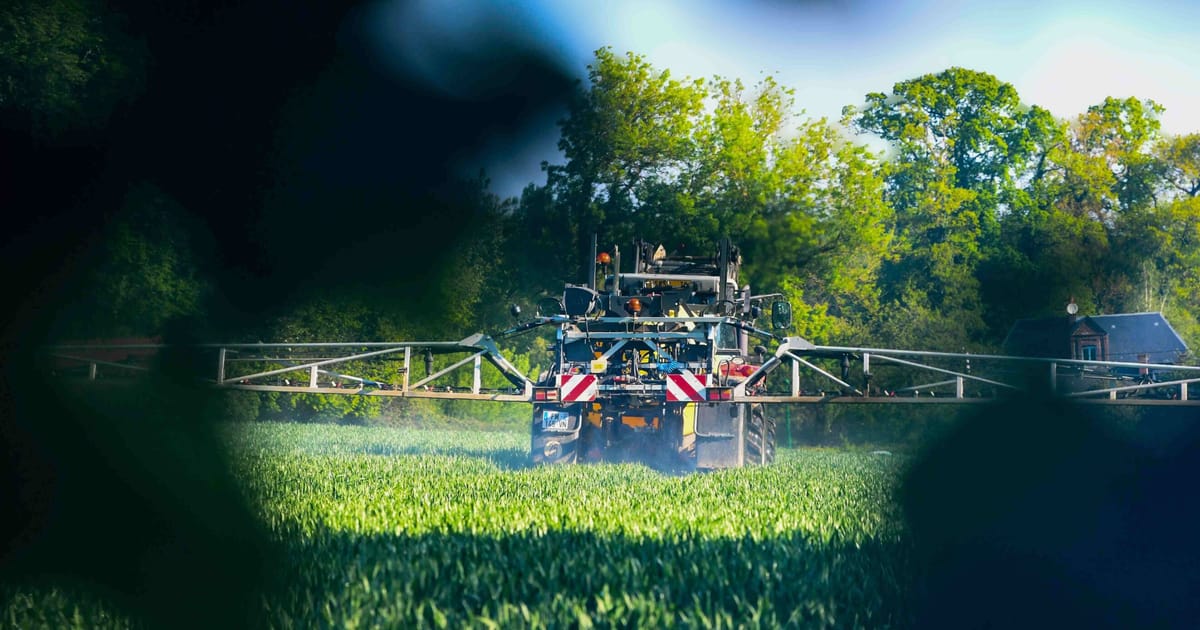

In a world constantly evolving, the past week has seen a series of significant events where individuals and movements have come together to voice their concerns and hopes for a better future. From France to Kenya, and from the realm of opera to political landscapes, these stories highlight a collective yearning for positive change.
In France, a young 23-year-old student has successfully galvanized half a million citizens to stand in unison against a controversial farming law. The movement, marked by a widespread petition, has gained significant traction, opening up the possibility for the matter to be debated in the French parliament in the forthcoming fall session. This grassroots mobilization underscores the power of collective action in influencing legislative processes.
Meanwhile, in Kenya, the landscape is marked by complex dynamics following the arrest of Boniface Mwangi, a well-known rights activist. Charged with the facilitation of ‘terrorist acts’ during recent protests, Mwangi’s story sheds light on the ongoing struggle in the country, where civil unrest and government scrutiny over dissent are prevalent. The protests, which erupted last month, resulted in tragic fatalities, drawing international concern over the handling of dissent and the pursuit of justice for victims of past events.
Across the cultural sphere, in London’s Royal Opera House, a surprising yet impactful moment unfolded as a cast member displayed a Palestinian flag during the curtain call of Il Trovatore. This act of silent protest drew attention to ongoing geopolitical issues and the role of art as a medium for expression and dialogue. The reaction to the flag’s display highlighted differing perspectives on art and politics’ intersection, resonating with audiences around the world.
In the realm of security policy, Yvette Cooper, the UK Home Secretary, announced plans to introduce a new criminal offence aimed at closing gaps in existing laws. This initiative stems from the need to empower police with measures to address violent threats that may not fit traditional definitions of terrorism. The proposal emerges in response to previous incidents, underscoring the balancing act between ensuring public safety and protecting civil liberties.
On the social justice front, influential women in the UK have penned an open letter advocating for the inclusion of asylum seekers in Labour’s comprehensive strategy to combat violence against women and girls. This call for inclusivity emphasizes the importance of a non-discriminatory approach in addressing societal issues, aiming to prevent a two-tier system that could marginalize vulnerable groups.
Finally, voices from Portugal bring to light the personal challenges faced by Rui Maria Pêgo, an actor and presenter who has publicly shared his experiences with prejudice and threats following his coming out. Pêgo’s narrative contributes to the broader discourse on LGBTQ+ rights and the ongoing fight against discrimination, reflecting the role of personal stories in fostering understanding and societal change.
Through these diverse events and voices, a global tapestry of activism, dialogue, and reflection emerges, reminding us of the interconnectedness of our world. Each story, whether it is the collective power of half a million voices or the single act of raising a flag, highlights the perpetual drive for equity, justice, and compassion across the globe.
Source: {link}
